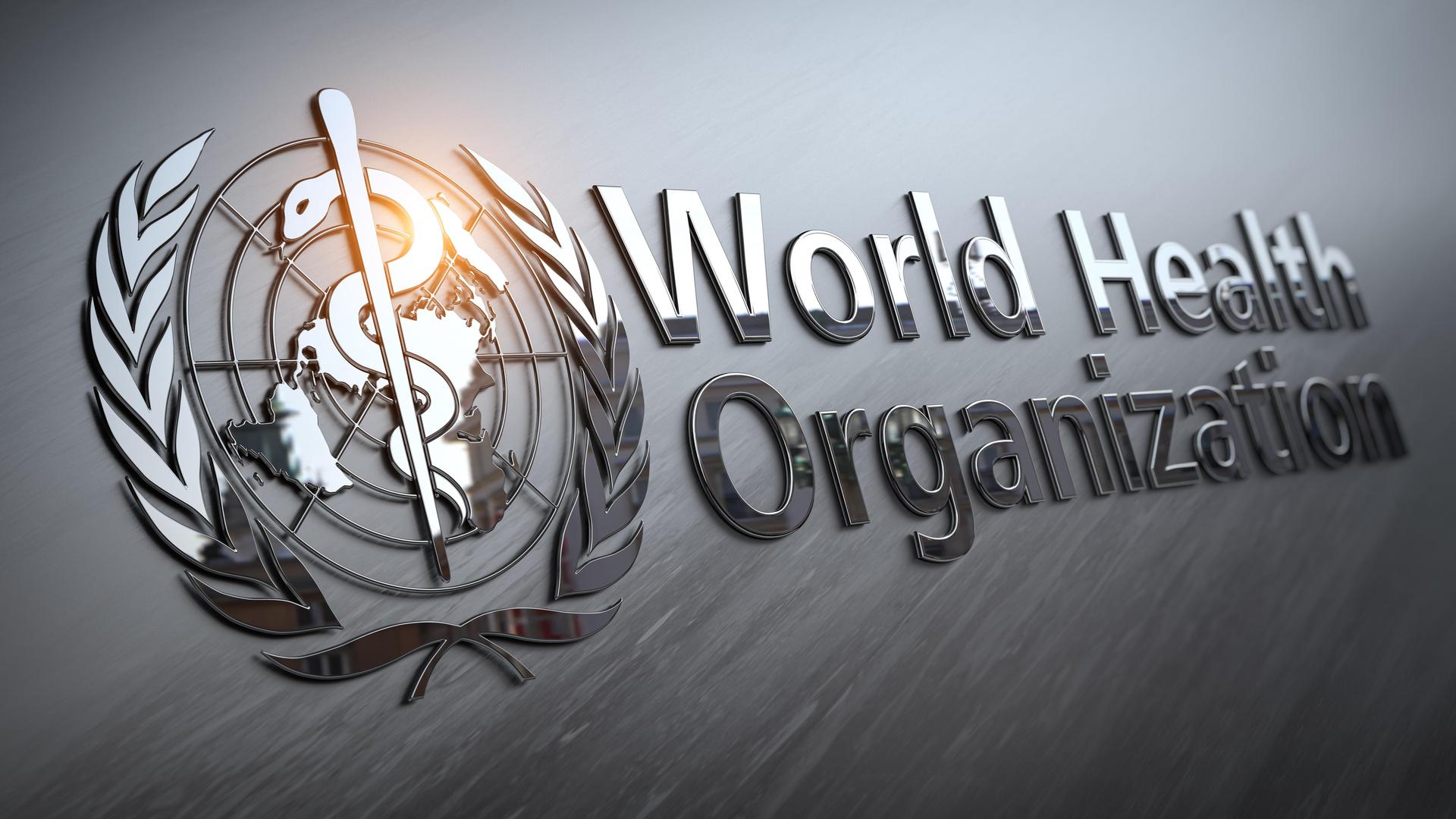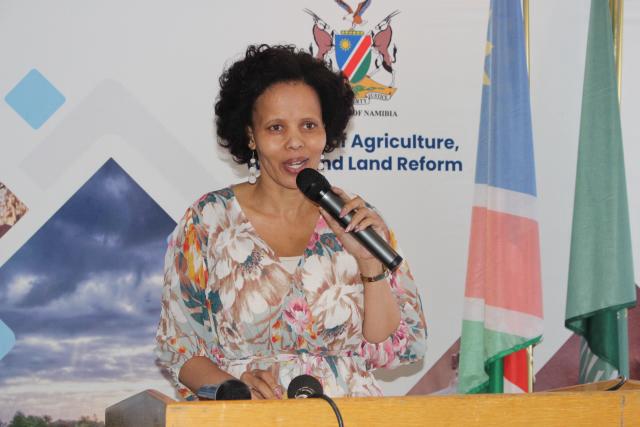• Elmien du PlessisThree days after Jacob Zuma resigned as South African president, the Afrikaans Sunday paper Rapport published two opinion pieces on opposing pages.
The two writers, singer Steve Hofmeyr and poet Antjie Krog, dealt with Zuma’s contested legacy under the combined headline ‘The fall of a mistake’).
A social media controversy erupted, but not about what they wrote. It was because Rapport thought it was a good idea to give a platform to Hofmeyr, an apartheid apologist and controversial far right-wing singer.
The editor of the newspaper defended his decision. People on both sides of the raging debate centred their arguments around freedom of expression.
South Africa’s constitution states that everyone has a right to freedom of expression. This includes the freedom to receive or impart information or ideas.
Like all the rights in the Bill of Rights, this right is not unlimited. Speech will not be protected if it is propaganda for war, incite violence or advocate hatred based on race, ethnicity, gender or religion, and that constituted incitement to cause harm.
The Constitutional Court, has stated that
freedom of expression is one of a web of mutually supporting rights in the Constitution.
Most people who subscribe to the constitutional ideals of an open and democratic society, will jealously guard freedom of expression. And for good reason. In an open and democratic society the freedom to express ideas is important.
The constitution allows for a fairly wide range of views, even if the tone seems hostile, and the language is angry.
The further one moves from the private realm to the public space, the more that expression will be protected. For instance, there’s a greater tolerance for expression in the political realm.
This freedom to utter ideas also includes the freedom to receive ideas. Being able to receive a wide variety of ideas should be a democratic minimum, and in an ideal world, this will allow individuals to be pursued by reason and good argumentation. And it will enable everyone to make good choices.
The role of the media is undoubtedly not only to hold government to account, but also to make sure that people who form opinions, are held accountable for their opinions. And one way to do it is to make sure that the facts on which opinions are based are checked.
So why was there uneasiness with Hofmeyr’s utterances? While he made some questionable remarks before that might not be protected under freedom of expression, the opinion piece was just that – an opinion.
The apprehension over giving Hofmeyr a platform went much further – he is a controversial figure, and has over the years become the pop star/poster boy for a deeply unsavoury brand of a post-apartheid yearning for the apartheid days.
Contextualising Hofmeyr is important. He has been entangled in a number of controversies, mostly prompted by his race baiting, racial victimhood, apartheid denialism and racist speech, arguably bordering on hate speech.
For instance, in 1966 the UN General Assembly labelled apartheid as a “crime against humanity”, yet in a recent interview Hofmeyr described a lot of the racist policy as “brilliant”.
In the same interview Hofmeyr said the Sharpeville massacre, in which the South African police opened fire on black protesters in 1960, killing 69 people was
not a human rights transgression because, if you have 200 police and, coming down the road are 9 000 youths with traditional weapons and guns going off, somebody is gonna get hurt.
Hofmeyr is a prolific tweeter, which is where he does a lot of his provocation. One of his most controversial tweets said:
Sorry to offend, but in my books, blacks were the architects of apartheid. Go figure.
Ventriloquist and comedian Conrad Koch challenged him on Twitter, leading to a court interdict by Hofmeyr alleging “harassment”. It was thrown out of court.
During a march against the killing of white farmers, called #BlackMonday, Hofmeyr proclaimed,
Our new flag is atrocious! Rather get used to a diverse nation. Unity is a myth. Tolerance is everything. And a solution to this scourge is primary.
Supporters of the constitution and the Bill of Rights will be hesitant to silence Hofmeyr in the absence of it being hate speech. At the same time they might also be reluctant that he’s given an uncritical platform from which to spew his intolerant views.
Philosopher Karl Popper’s “paradox of tolerance” comes to mind. He said that
unlimited tolerance must lead to the disappearance of tolerance. If we extend unlimited tolerance even to those who are intolerant, if we are not prepared to defend a tolerant society against the onslaught of the intolerant, then the tolerant will be destroyed, and tolerance with them.
Stay informed with The Namibian – your source for credible journalism. Get in-depth reporting and opinions for
only N$85 a month. Invest in journalism, invest in democracy –
Subscribe Now!










